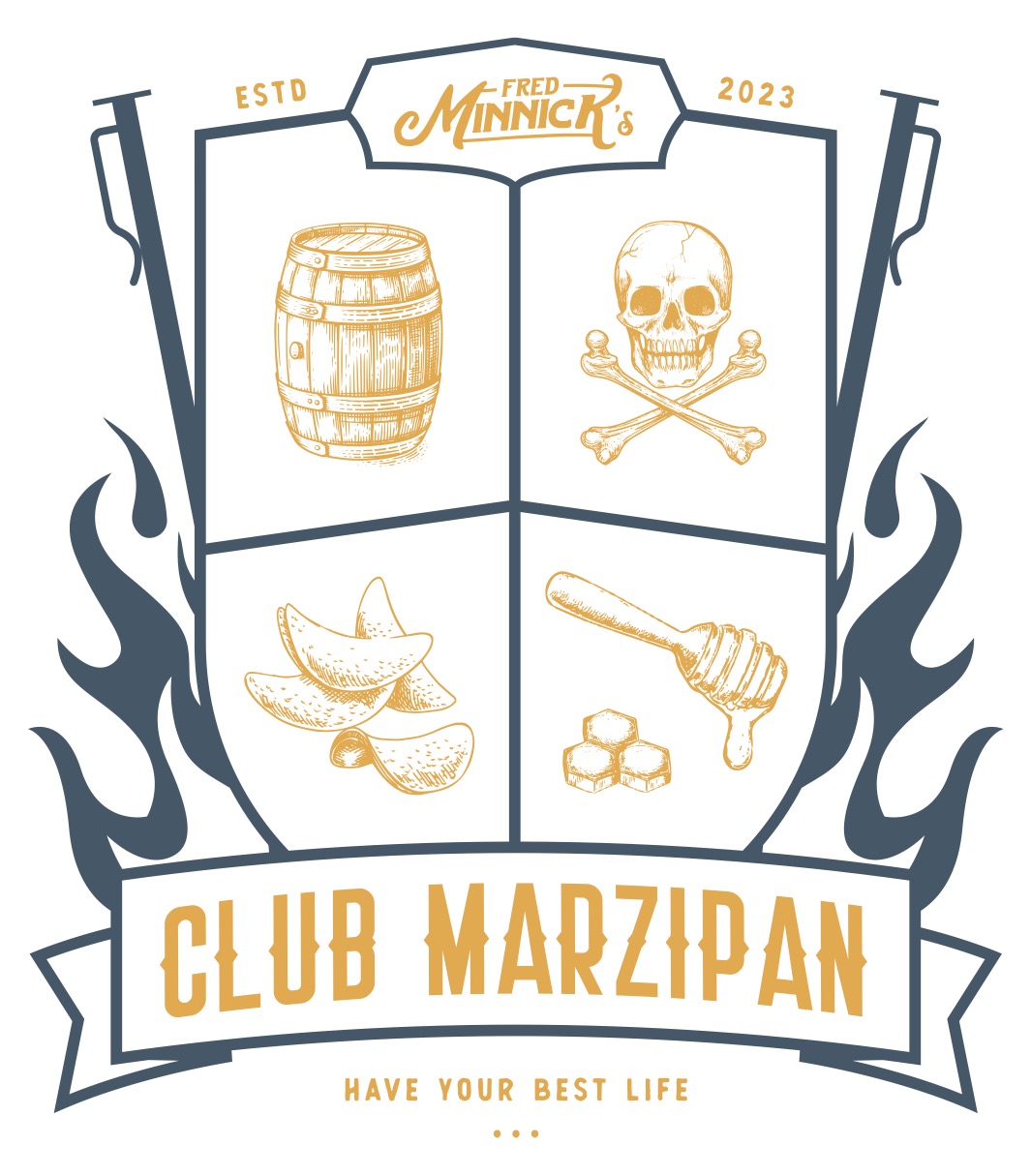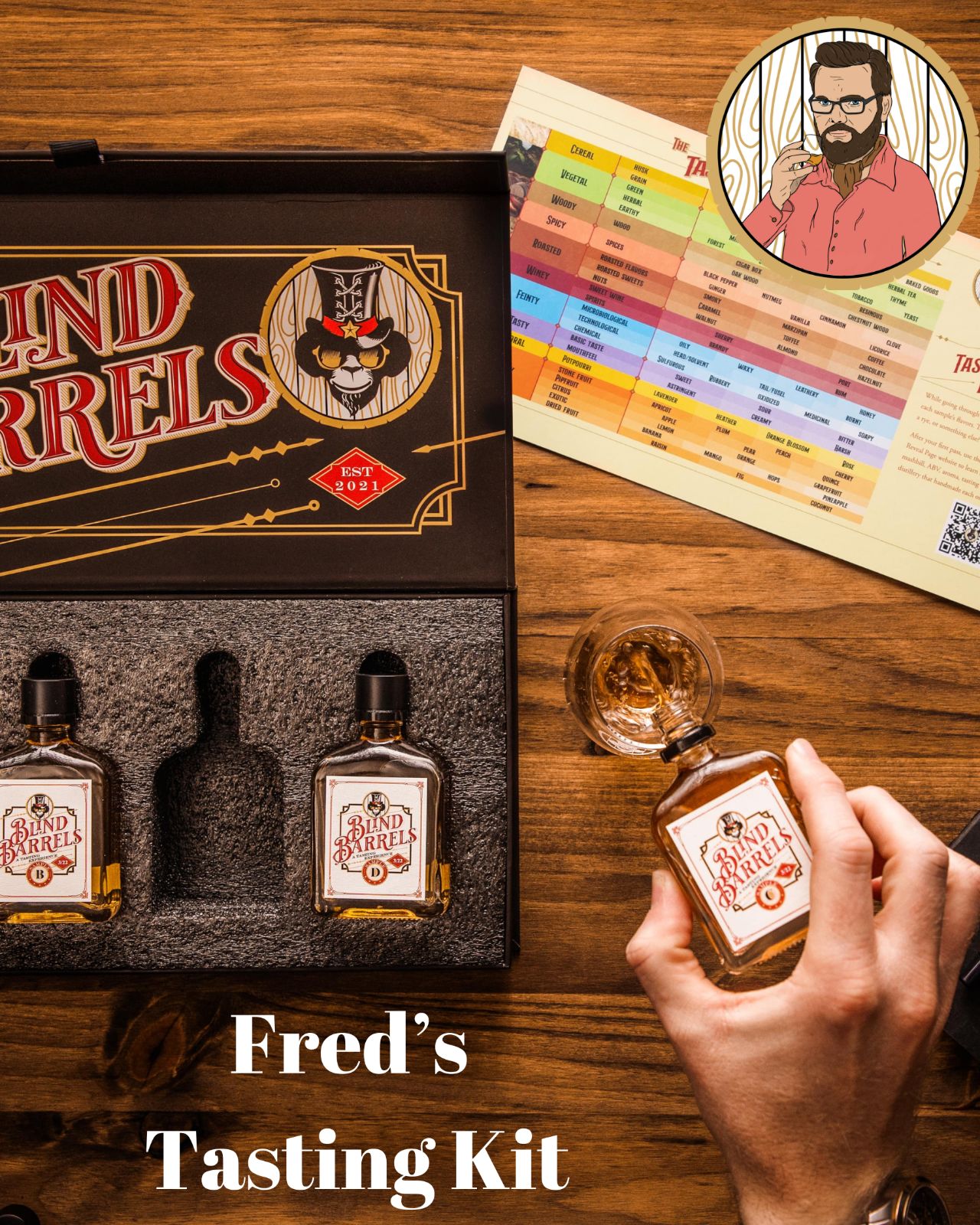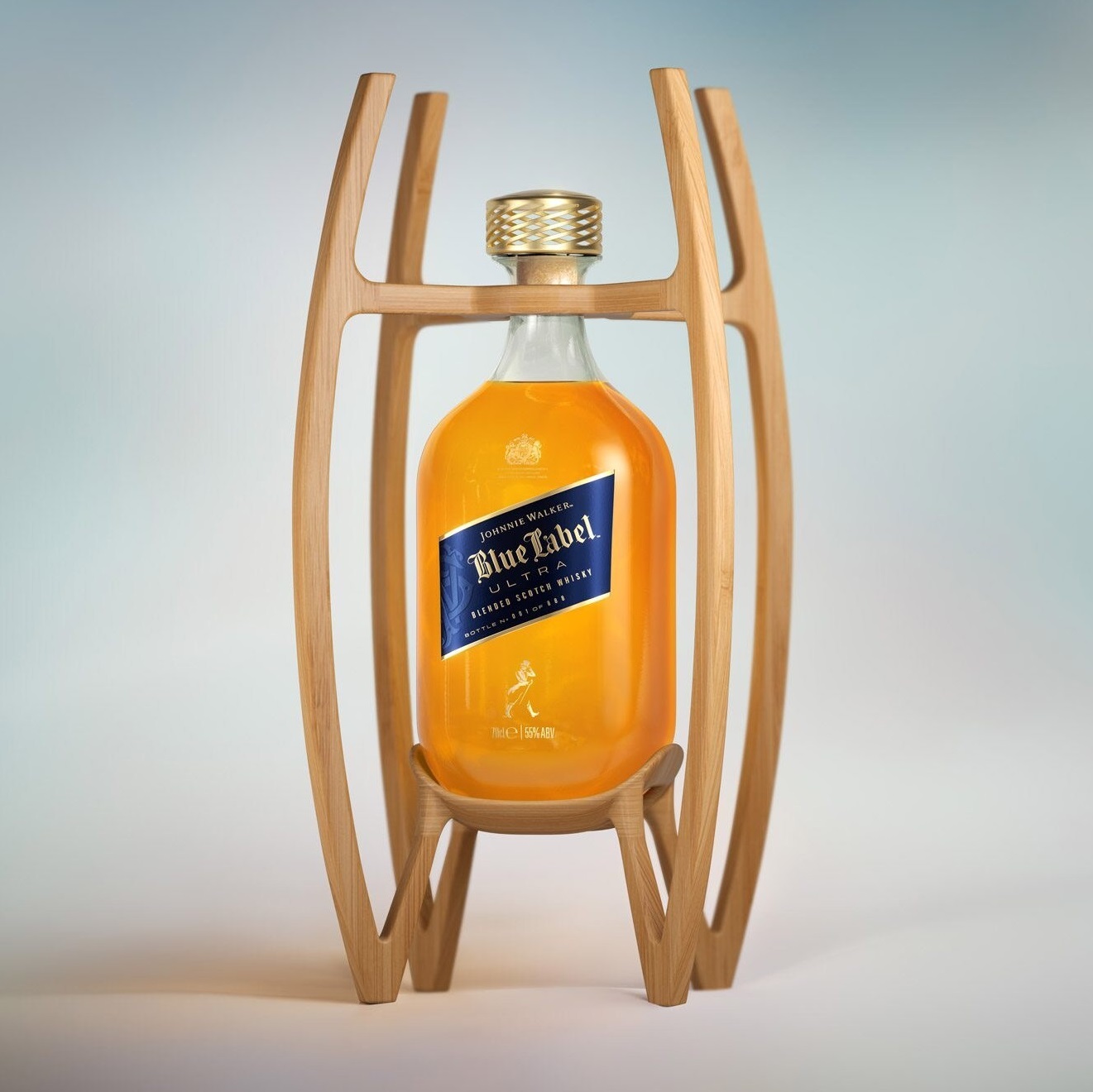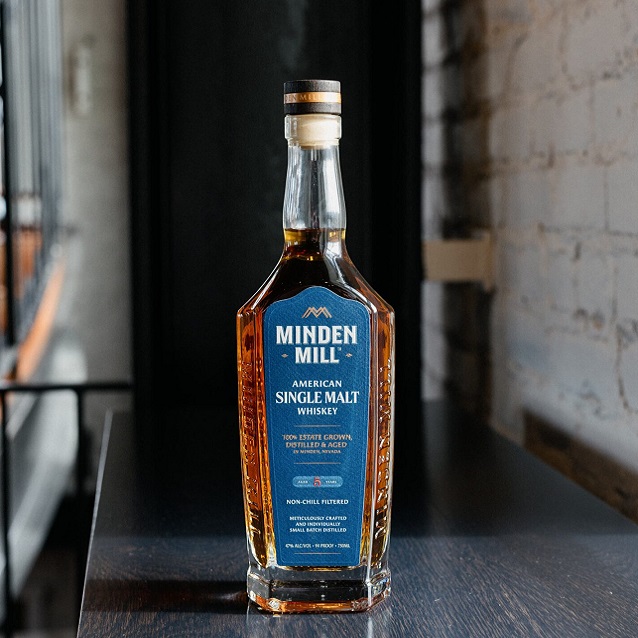That One Time Whiskey Took On The President
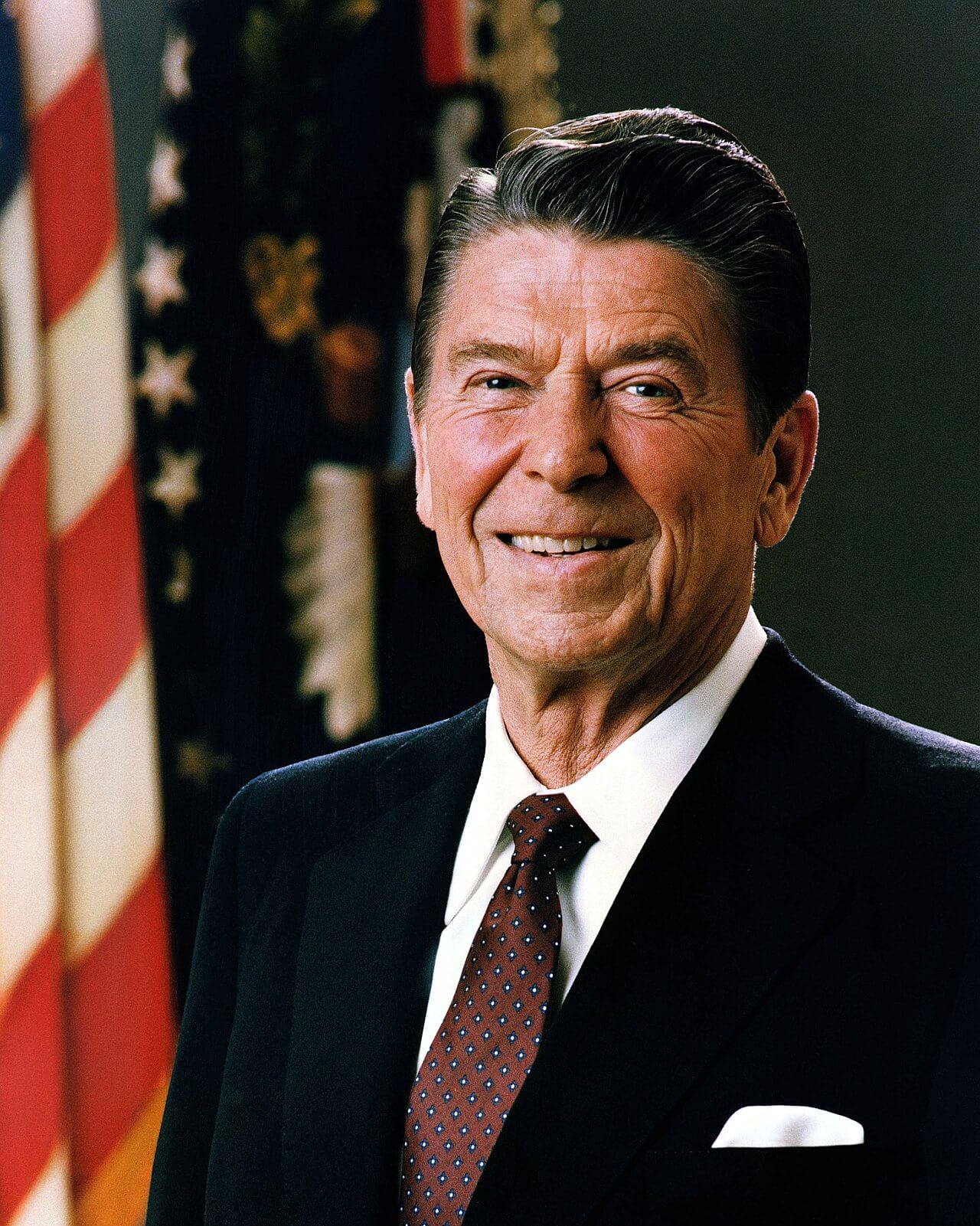
Today, bourbon fans know the TTB for its public unveiling of new labels and occasional report about people not in compliance. But once upon the government was far more involved in American spirits, and the industry fought to keep the government close to home. And one spirits executive predicted how dissolving the strict labeling laws would lead to deceptive practices.
When Ronald Reagan took office January 20, 1981, the popular president planned to change the course of government with a program that reduced government spending and growth, reduced tax rates, deregulated certain industries and reduced inflation. Along with the trucking and airline industries, the alcohol industry found itself on the deregulation chopping block. Throughout Reagan’s first year of presidency, several proposals were considered to dissolve the Federal Bureau of Alcohol, Tobacco and Firearms. These proposals specifically focused on completely discontinuing restrictive labeling and advertising laws with the intent of saving the government around $11.5 million a year.
This deregulation attempt caught the alcohol industry off guard, said to me in 2016 by Vince O’Brien, senior counsel for NixonPeabody, who specializes in the beverage alcohol industry. As general counsel for Seagram’s in the early 1980s, O’Brien testified before Congress about the deregulation’s potential impacts on the industry. “Segments of the industry were very reluctant to challenge that decision for fear that Reagan was so powerful, having just won this landslide victory, that he would view the industry as some kind of negative group if they challenged his first public recommendation for downsizing,” O’Brien remembers.
Despite the initial reluctance, the industry pulled no punches in defending its position, actually lobbying for more money to fund the Federal Alcohol Administration Act, the governing regulation over all alcohol production and advertising. The ATF enforced this act. Richard B. Thornburg, spokesman for the National Beer Wholesalers Association, told the New York Times in August 1982: “The industry has grown up with the act and feels very comfortable with it. If the Administration does away with the Bureau of Alcohol, Tobacco and Firearms and stops enforcing the act….we could see a return of the abuses that caused Prohibition.”
In Kentucky, bourbon distillers feared a lack of government oversight would force whiskey makers to unknowingly illegally label their products. “The labeling and advertising requirements assure the reliability and integrity of labels on distilled spirits and prevent suggestive and deceptive liquor advertising,” testified Norman L. Hayden, Old Fitzgerald Distillery, in February 1982 to the Senate.
O’Brien says by the time of the senate hearings, there were a “parade of industry people and trade associations supporting the ATF.” The ATF defense worked, and Reagan kept the agency. But his administration still cut into distillery operations.
Around the time of the deregulation talks, the ATF reduced its manpower at distilleries. ATF agents once stood guard at stills and warehouses. Forty-year Buffalo Trace Distillery employee Leonard Riddle remembers: “In the mornings, when you unlocked your warehouses, they had to go around with you to take their lock off. On your tanks, whiskey gauges, where we proofed it and where we barreled it, they kept locks on them. At that time, they had a person that had to check to see if the barrels were correct. It’s a lot different today.”
In fact, Riddle says the government official watching his every move was good thing. “Those people knew the regulations and watched closer. If we had {government supervision} today, it would cut down on a lot of mistakes,” Riddle says. For example, both the distillery employee and government official kept record of the barrel dumps. If the distillery dumped 100 barrels, but could only find 99 barrels in the warehouse logs, the two would compare barrel notes and find the missing barrel right then and there.
When the government official left the distillery, the trickle down effect put the power in the hands of marketers to spin mistakes. From Diageo’s so-called Orphan Barrel Project, where they allegedly found lost barrels, to Wild Turkey’s Forgiven, where bourbon and rye were allegedly accidentally blended, modern whiskey makers are frequently releasing products that would have never seen the light of day in the 1970s.
According to Riddle’s account of working with government officials, they were allies and would likely catch the mistakes that berthed Wild Turkey’s Forgiven. What’s more, production measures were not the only changes incurring during this time that impact modern whiskey practices.
Prior to Reagan’s administration, the government imposed several tax stamp changes during budget cuts. In one of its many label announcements of the 1970s, the Department of the Treasury said it reduced strip stamps, because “because elimination of the serial numbers would substantially reduce the Government’s cost of printing the stamps.” Stamps were often defective or damaged, and the distilleries applied them inconsistently, but they remained on largely for its protective seal purposes.
Nonetheless, the Reagan Administration repealed the stamp requirement for distilled spirits as a part of the Deficit Reduction Act of 1984. 1970s bourbon consumers saw the slow demise of tax stamps—a trusted source of information.
Fast forward nearly 20 years, with the formation of Homeland Security in 2002, the ATF split up into two organizations—the TTB and ATF. On January 24, 2003, the TTB was the Department of Treasury’s shiny new bureau with the chief goals to: “(1) collect excise taxes on alcohol, tobacco, firearms, and ammunition; (2) regulate alcohol and tobacco products; and (3) protect consumers. TTB is the primary Federal authority in the regulation of the alcohol and tobacco industries. ATF was established as a new bureau within the Department of Justice with jurisdiction over firearms enforcement and regulation, arson and explosives, and interstate trafficking of cigarettes.”
The TTB formation was widely considered positive for the consumer and industry alike. “In terms of alcohol regulation, the {TTB} was very positive,” says Vicky Dowell, the former TTB Deputy Director and current industry consultant. “When it was ATF, you had competing interests. Agents were vying for funding for firearms and explosives, etcetera, and you had the inspectors vying for funding to regulate alcohol. With a stand-alone agency, all of that disappeared.”
Note: Portions of this story originally appeared in my Whisky Advocate story in 2016. Vince O’Neil, who was interviewed for this story, has since passed away.
Subscribe to my new YouTube Channel…..




